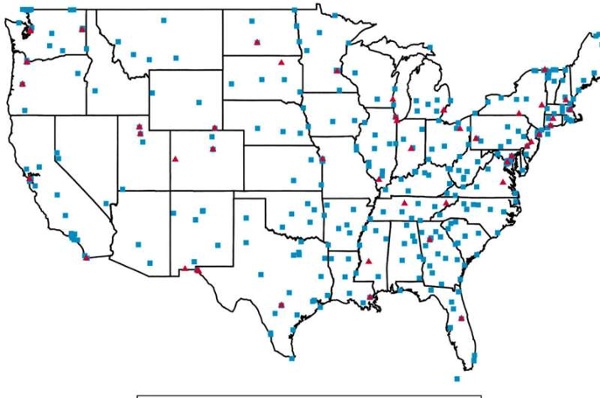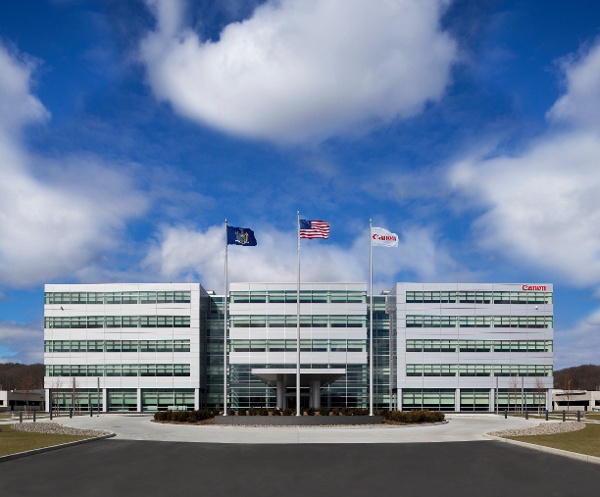in 2010, the U.S. government announced a multi-billion-dollar plan to improve the energy efficiency of its buildings, including a focus on LEED certification. Used worldwide, LEED—Leadership in Energy and Environmental Design—is a system that rates buildings on energy efficiency. A new study examined the effects of LEED certification on energy efficiency in federal buildings. The study found no effect on average energy consumption, primarily because many other factors come into play when rating energy.
The study, by researchers at Carnegie Mellon University (CMU), was published in the Journal of Environmental Economics and Management.
"Energy use is just one of a number of attributes that is scored under the LEED program," explains Edson Severnini, associate professor of economics and public policy at CMU's Heinz College, who coauthored the study. "If energy efficiency is the primary goal, LEED certification may not be the most effective means to reach that goal." Read more here




